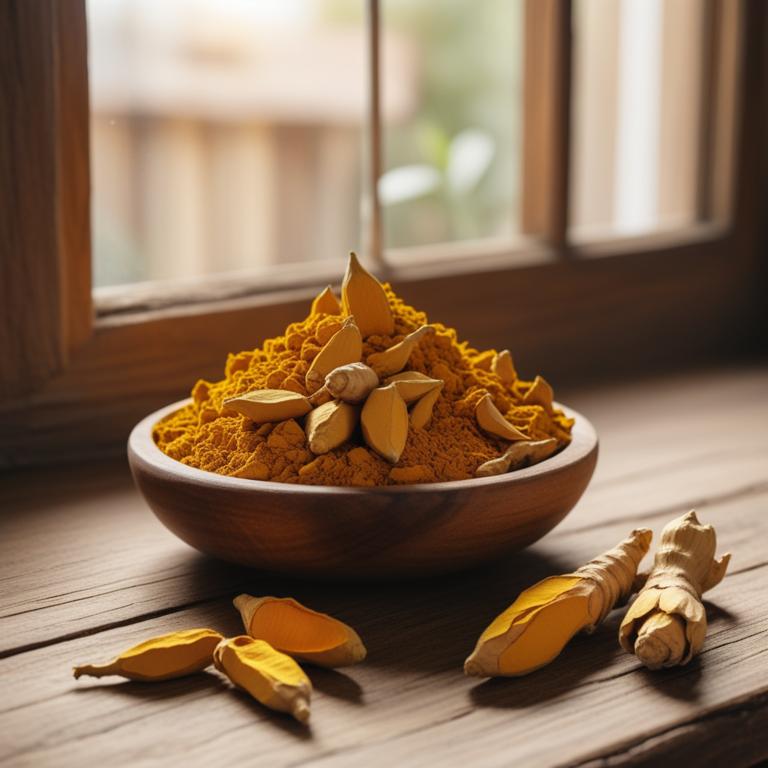Updated: Dec 1, 2024
Eye Irritation: Causes, Herbal Remedies, and Therapeutic Preparations
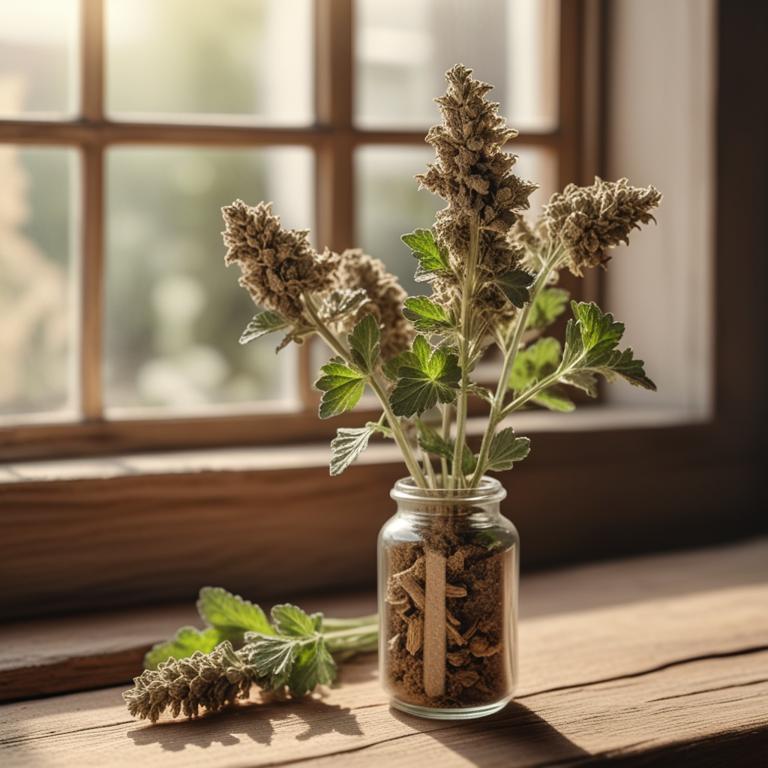
Eye irritation is a common problem that can make your eyes feel itchy, red, and sore.
It's like having a grain of sand in your eye, but it doesn't go away. When your eyes are irritated, it can be hard to concentrate, and even simple tasks like watching TV or reading a book can be uncomfortable. Eye irritation is usually caused by something getting in your eye, like dust or pollen, or by wearing contact lenses for too long. It can also be triggered by certain chemicals or substances, like perfume or cleaning products. Sometimes, it can be a sign of an underlying condition, like dry eyes or an allergy.
There are some healing herbs that can help soothe and calm irritated eyes. Chamomile, for example, is a natural anti-inflammatory that can reduce redness and swelling. Calendula is another herb that's known for its soothing properties, and it can help calm down an itchy eye. And then there's eyebright, a herb that's specifically designed to support eye health. To use these herbs to help with eye irritation, you can try making a tea by steeping dried flowers or leaves in hot water. You can also add a few drops of eyebright tincture to your eyes or use a calendula cream to soothe and calm your eyes.
Some people also find relief by applying a warm compress to their eyes, or by taking a break from contact lenses to give their eyes a rest.
Table of Contents
- What are the possible causes of eye irritation?
- What benefits are offered by using herbs to alleviate symptoms of eye irritation?
- What are the principal medical herbs for eye irritation relief?
- What are the most popular herbal remedies for eye irritation?
- Which herbs are best avoided if you experience eye irritation?
- FAQ
What are the possible causes of eye irritation?
The main causes of eye irritation are quite common and can be found in our daily lives.
Dust is one of the main culprits, as tiny particles from dust can easily enter our eyes and cause irritation. When we breathe in dust, it can also get into our eyes, making them feel itchy and uncomfortable. Pollution is another big contributor to eye irritation. The air we breathe is often filled with pollutants like smoke and chemicals, which can cause our eyes to become red and itchy. When these pollutants come into contact with our eyes, they can cause inflammation and irritation.
Chemicals are also a major cause of eye irritation. Cleaning products, cosmetics, and even some foods can contain harsh chemicals that can burn and irritate our eyes. When we use these products, the chemicals can splash into our eyes, causing instant irritation. Allergens are another common cause of eye irritation. These are substances that our bodies react to as if they were harmful, like pollen or certain types of mold.
When we breathe in allergens or they come into contact with our eyes, our bodies can overreact, leading to itchy, red, and watery eyes.
What benefits are offered by using herbs to alleviate symptoms of eye irritation?
Using herbs for eye irritation can be a great option for many people.
One of the main benefits is that these herbs are often natural and gentle on the eyes, reducing the risk of further irritation. They can also help to calm and soothe the eyes, reducing redness and swelling.
Some herbs have anti-inflammatory properties, which can help to reduce pain and discomfort. Additionally, these herbs can help to promote healing and protect the eyes from damage. They can also be used in combination with other treatments, such as eye drops or ointments, to enhance their effectiveness.
Many people find that using herbs for eye irritation is a convenient and accessible option, as they can often be applied directly to the eyes or used in a warm compress.
What are the principal medical herbs for eye irritation relief?
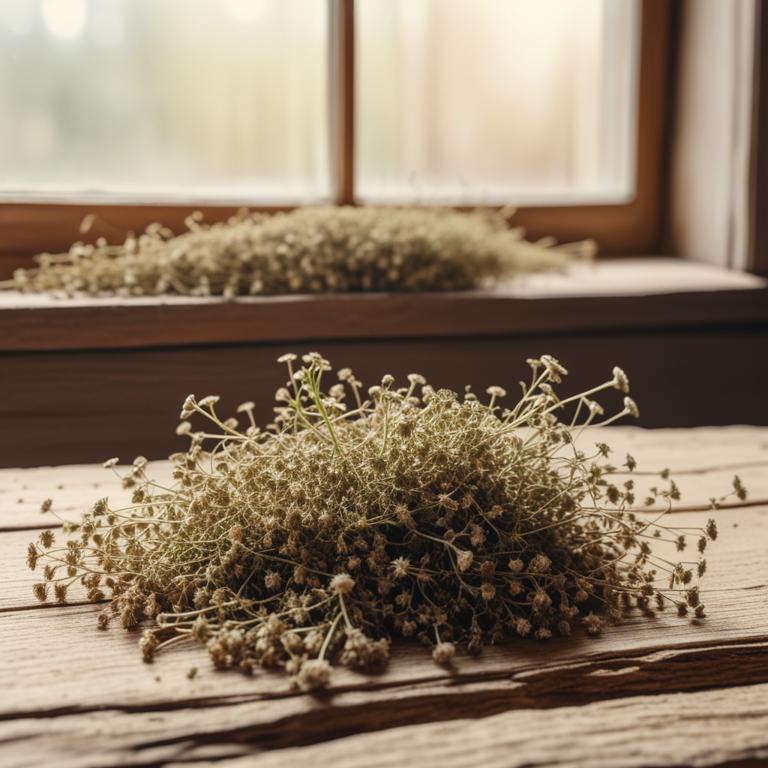
When your eyes get irritated, it can be really uncomfortable.
But did you know that some herbs can help soothe the issue?. Euphrasia officinalis, also known as eye herb, is a natural anti-inflammatory that can calm red, itchy eyes. It's often used to treat conjunctivitis and other eye infections. Calendula officinalis, or marigold, has antiseptic and anti-inflammatory properties that can help reduce swelling and prevent infection.
It's also great for soothing dry, irritated eyes. Symphytum officinale, or comfrey, contains allantoin, a compound that can help repair damaged eye tissue and reduce scarring. Echinacea purpurea, a popular herb for colds and flu, can also help boost your immune system, which can help your eyes fight off infection. Aloe barbadensis, or aloe vera, is another natural anti-inflammatory that can calm irritated eyes and promote healing. Its soothing gel can be applied directly to the eyes to provide quick relief.
These herbs work together to create a natural remedy for eye irritation that's free from harsh chemicals and side effects.
What are the most popular herbal remedies for eye irritation?
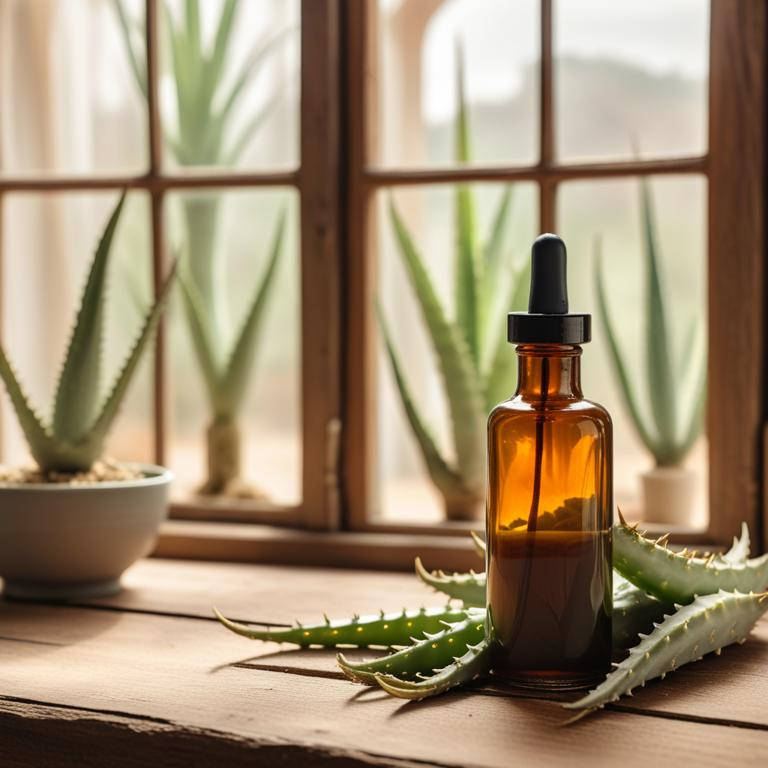
When it comes to eye irritation, herbal preparations can be a great way to find relief.
A decoction is a liquid extract made by steeping herbs in hot water, and it's often used to treat eye infections. The liquid is then cooled and used as an eye wash to soothe the eyes. Tincture drops, on the other hand, are made by dissolving herbs in a solvent like ethanol or glycerin. These drops can be put directly into the eye to reduce redness and swelling. They're especially good for allergies and conjunctivitis. A salve is a topical cream or ointment made from herbs, and it's perfect for dry, irritated eyes. The herbs are infused in a carrier oil, making it easy to apply a thin layer to the affected area.
This can provide long-lasting relief from itchiness and discomfort. An infusion is similar to a decoction, but it's made with cold water instead of hot. This makes it gentler on the eyes and perfect for sensitive skin. Infusions can be used to treat eye strain, dryness, and irritation caused by computer use. Lastly, a gel is a semi-solid preparation made from herbs, water, and a gelling agent. It's easy to apply and provides a soothing, cooling effect on the eyes. Gels are often used to treat redness, itchiness, and puffiness, making them a great option for people with sensitive eyes. These herbal preparations can be found in most health food stores or online, and they're often made from natural, organic ingredients.
They're a great alternative to over-the-counter medications and can be used in combination with other treatments for maximum effectiveness.
Additional Resources:
Which herbs are best avoided if you experience eye irritation?
If you have eye irritation, it's best to steer clear of certain herbs that could make it worse.
Artemisia absinthium, also known as wormwood, can cause your eyes to become even more sensitive and irritated. This is because it contains compounds that can increase the production of a chemical in your eyes that makes them react to light. Silybum marianum, or milk thistle, is another herb to watch out for, as it can cause your eyes to dry out and become even more irritated.
Ginkgo biloba, often taken for its memory-boosting properties, can also be problematic for people with eye irritation, as it can increase the sensitivity of the eyes. Hypericum perforatum, or St. John's Wort, contains compounds that can cause your eyes to become inflamed and red. Ruta graveolens, or rue, is perhaps the most problematic of all, as it contains compounds that can cause severe eye irritation and even damage the cornea.
If you're already experiencing eye irritation, it's best to avoid these herbs altogether to prevent making the problem worse.
FAQ
Are there any specific herbs that can prevent eye irritation?
Certain herbs like calendula and eyebright may help soothe and calm irritated eyes.
Calendula has anti-inflammatory properties that can reduce swelling, while eyebright is known to ease redness and itchiness.
These herbs can be applied as a compress or eye drops to provide relief from minor eye irritation.
Is it safe to use herbal remedies for eye irritation during pregnancy?
When you're pregnant and your eyes get irritated, some herbal remedies might seem like a good solution.
However, it's best to be cautious with these remedies. Some herbs can stimulate the uterus and cause problems during pregnancy. Always read the labels carefully and follow the instructions.
It's always better to err on the side of caution and choose gentle, trusted products.
Are there any herbs that can reduce the frequency of eye irritation?
Some herbs like chamomile and calendula have been used to help soothe and calm irritated eyes.
They contain anti-inflammatory properties that can reduce swelling and redness.
These herbs can be applied as an eye drop or added to a warm compress to provide relief from eye irritation.
Can i combine different herbal remedies for eye irritation?
If you're dealing with eye irritation, you might be tempted to try combining different herbal remedies.
However, this can be tricky. Some herbs, like chamomile and calendula, can work well together, but others, like echinacea and goldenseal, might not mix so well.
It's best to try one at a time to see how your eyes react.
Related Articles

Swollen Gums Causes and Natural Herbal Preparations

Causes, Symptoms, and Herbal Remedies for Periodontal Disease Prevention and Management
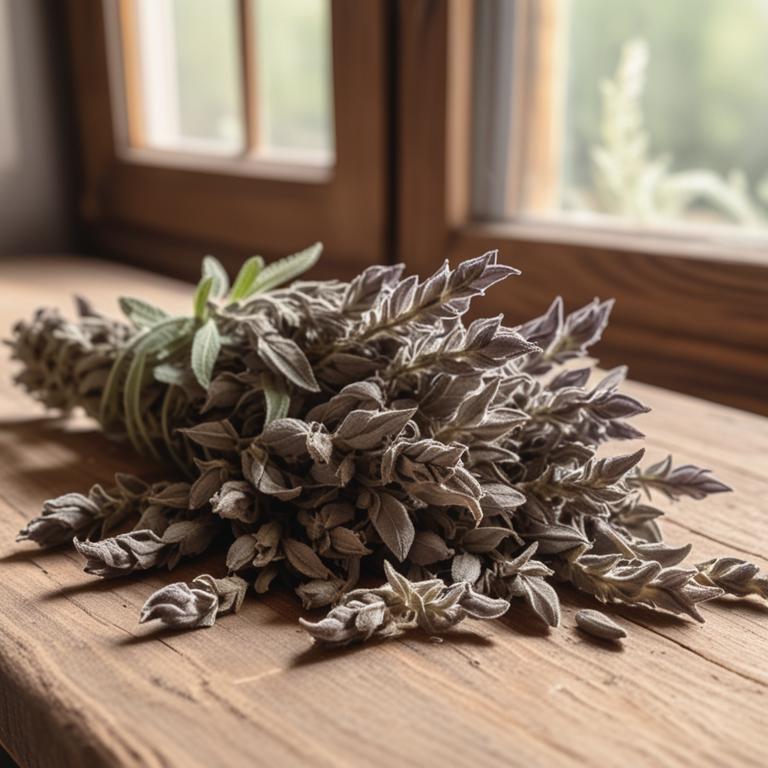
The Natural Approach to Gum Pain: Causes and Herbal Treatments
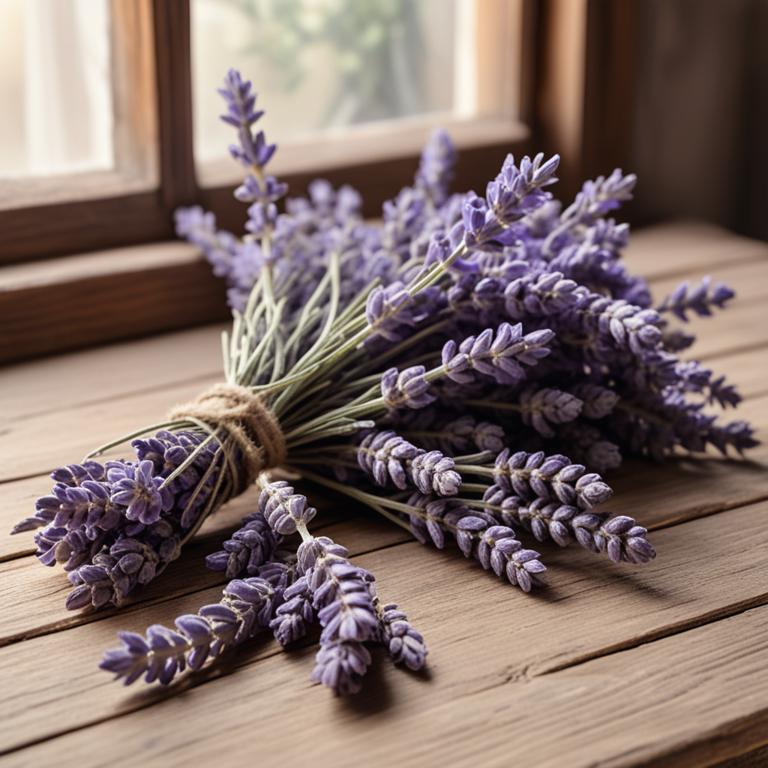
Natural Remedies for Foot Odor Using Medicinal Herbs

Hyperpigmentation: Causes, Herbal Preparations, and Medicinal Solutions




